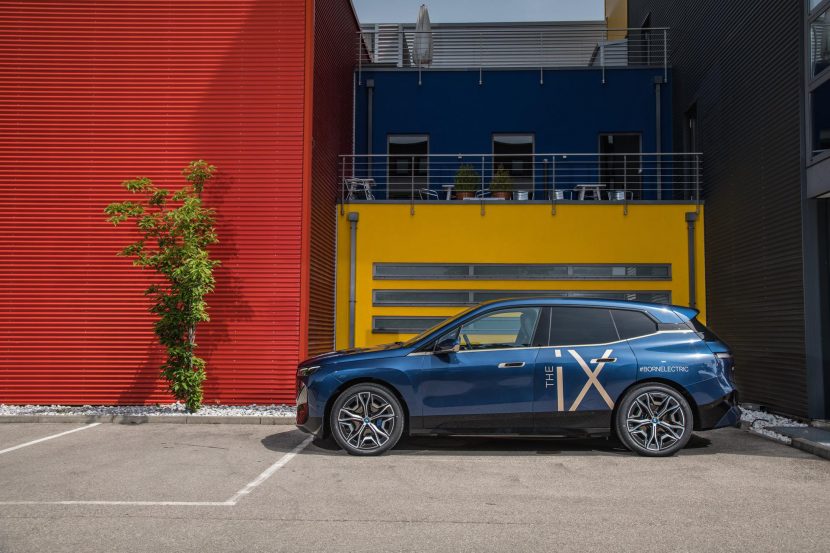Range is the new horsepower, as automakers battle each other to produce cars with the most range. At the moment, Tesla is the king of range, with the Model S Plaid Plus Much Extra Lots version boasting a range of over 500 miles. Lucid’s Air Dream Edition also claims over 500 miles of range. BMW’s longest-range vehicle, the BMW iX, can only muster just over 300 miles, for reference. However, the Bavarians might want to hurry up and increase the number, as Mercedes-Benz is debuting a concept car that could take the range crown and is said to have over 1,000 km (620 miles) of range.
The newly announced Mercedes-Benz EQXX is the brand’s latest EV concept and, while there aren’t many details as of yet, it seems to be a low-slung, long-distance GT car. According to the Stuttgart-based brand, the EQXX is being designed to travel to and from places like Paris to Monaco or San Francisco to Las Vegas in one battery charge.
While that’s impressive, what’s more important is how Mercedes-Benz plans on doing that. Rather than just stuffing the EQXX with bigger batteries and calling it a day, Mercedes wants to increase efficiency. At the moment, the most efficient EV powertrain on sale comes from Tesla, with most Teslas getting around four miles per kWh. However, Mercedes-Benz claims the EQXX will get around six miles per kWh. That might not sound like a big difference but it’s quite massive. With a 100 kWh battery pack, that’s an addition of 200 miles.
As with all great advancements in automotive tech, the Mercedes-Benz EQXX is borrowing motorsport expertise. Mercedes is using people from its dominant Formula One High Performance Powertrain team to work on electric powertrain technology for the EQXX. More importantly, the EQXX is only going to be a test bed for future technology to be used in an upcoming all-electric architecture, which is said to debut in 2025.
What does this mean for BMW? It means BMW needs to decide whether or not in jumps into this range war with Mercedes-Benz, Tesla, Lucid, Audi, and whomever else. Recently, BMW’s head of R&D Frank Weber spoke about how range isn’t the be-all-end-all of electric cars and that the majority of customers don’t need such an immense range. That’s technically true.
However, one could argue that doesn’t matter. No one — literally no one — uses 500 horsepower on the road, in everyday life. And yet car companies are constantly at each others’ throats, trying to out-horsepower one another. Customers like reassuring numbers and if Mercedes-Benz has the more reassuring numbers, it could be the one to get the customers. Additionally, and crucially, it’s the manner in which Mercedes wants to achieve this range that’s important — efficiency.
The BMW iX will likely get an efficiency rating of around three miles per kWh, as its 100-ish kWh battery is said to translate to about 300 miles. However, if it bumped that efficiency to five miles per kWh, one less than Mercedes’ goal of six miles/kWh, it’d have a 500 mile maximum range, without increasing battery capacity. Sure, that might sound near impossible at the moment but it is the goal of BMW’s closest rival, so matching that electric powertrain efficiency should be a massive priority.
Will BMW focus on taking down its closest rival’s range goals? Probably not specifically. However, if it focuses on increasing the efficiency of its electric powertrains, it can kill two birds with one stone; create better electric cars and increase its range, without having to increase battery capacity. So maybe BMW should look into the work Mercedes-Benz is doing with the EQXX with great interest.


















































